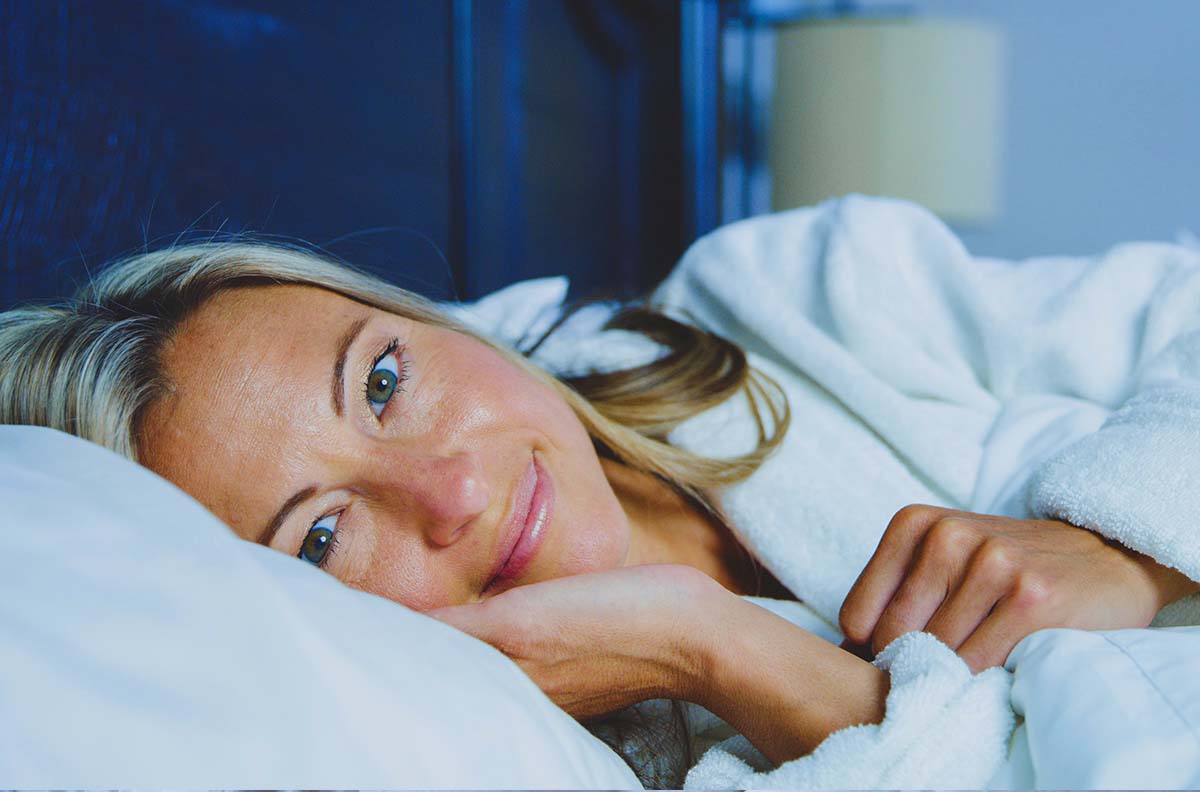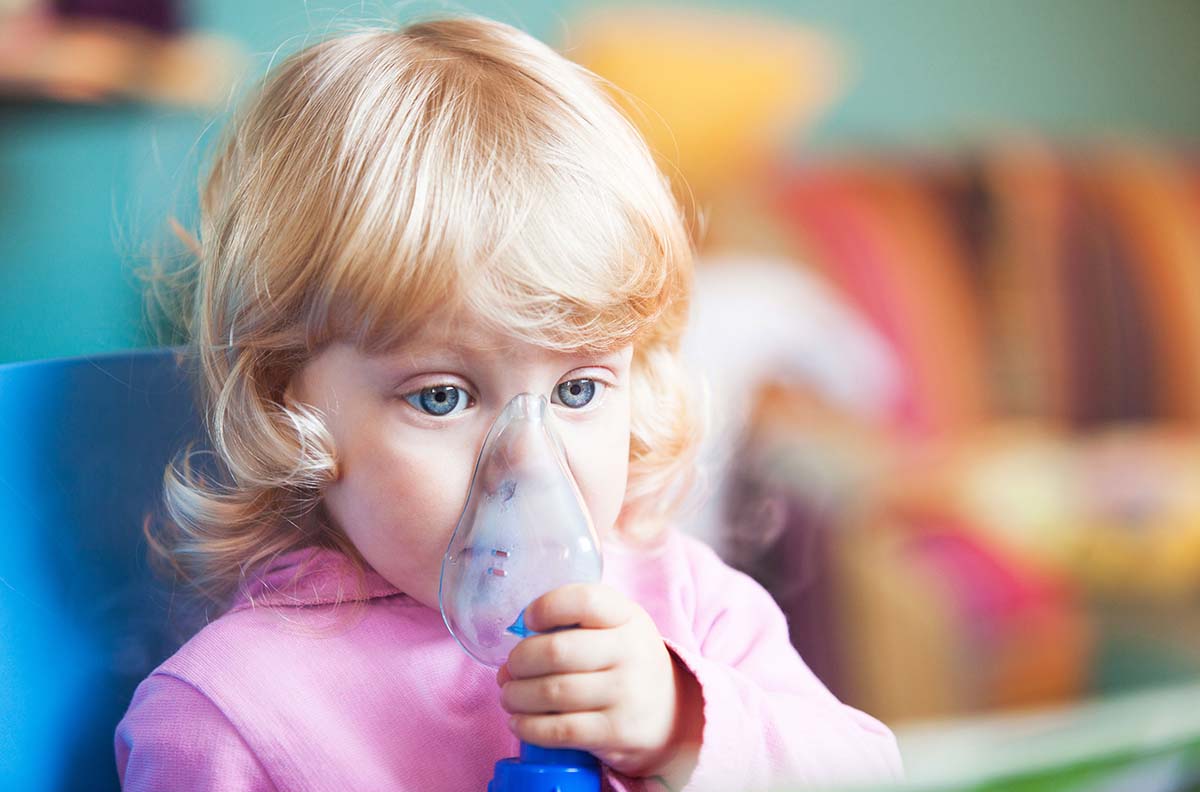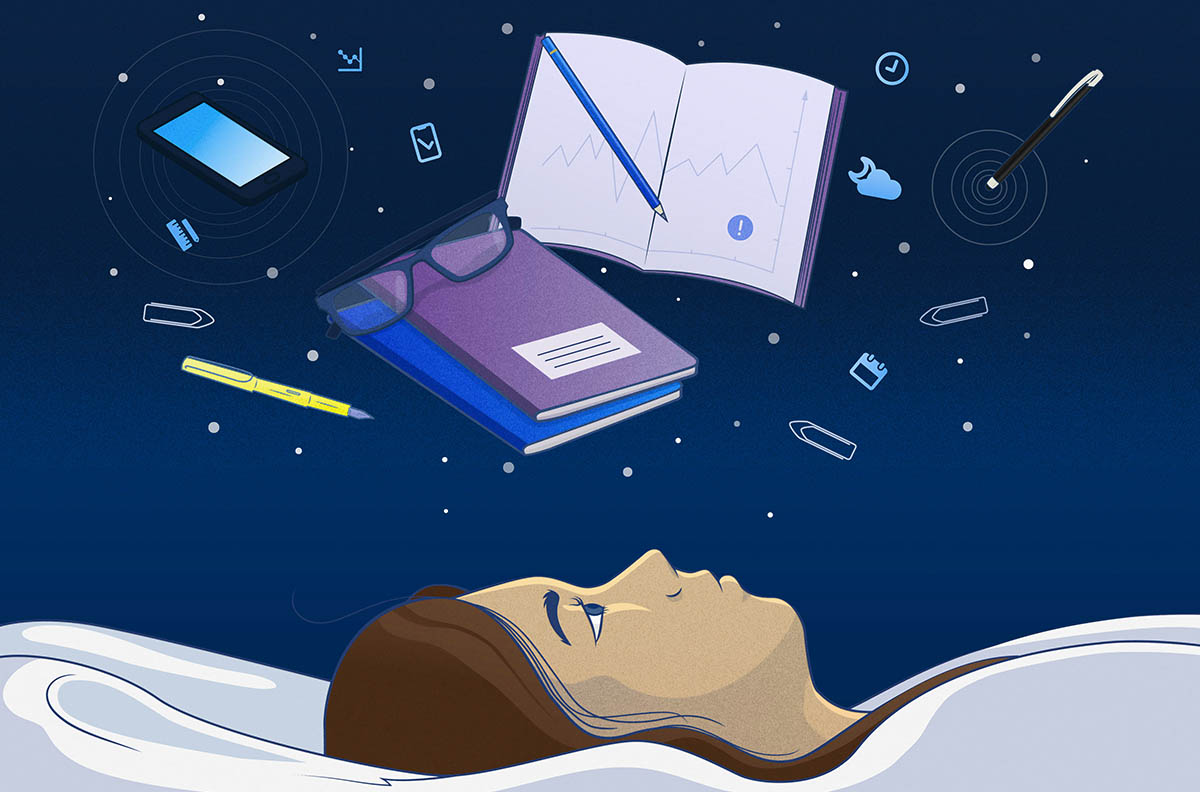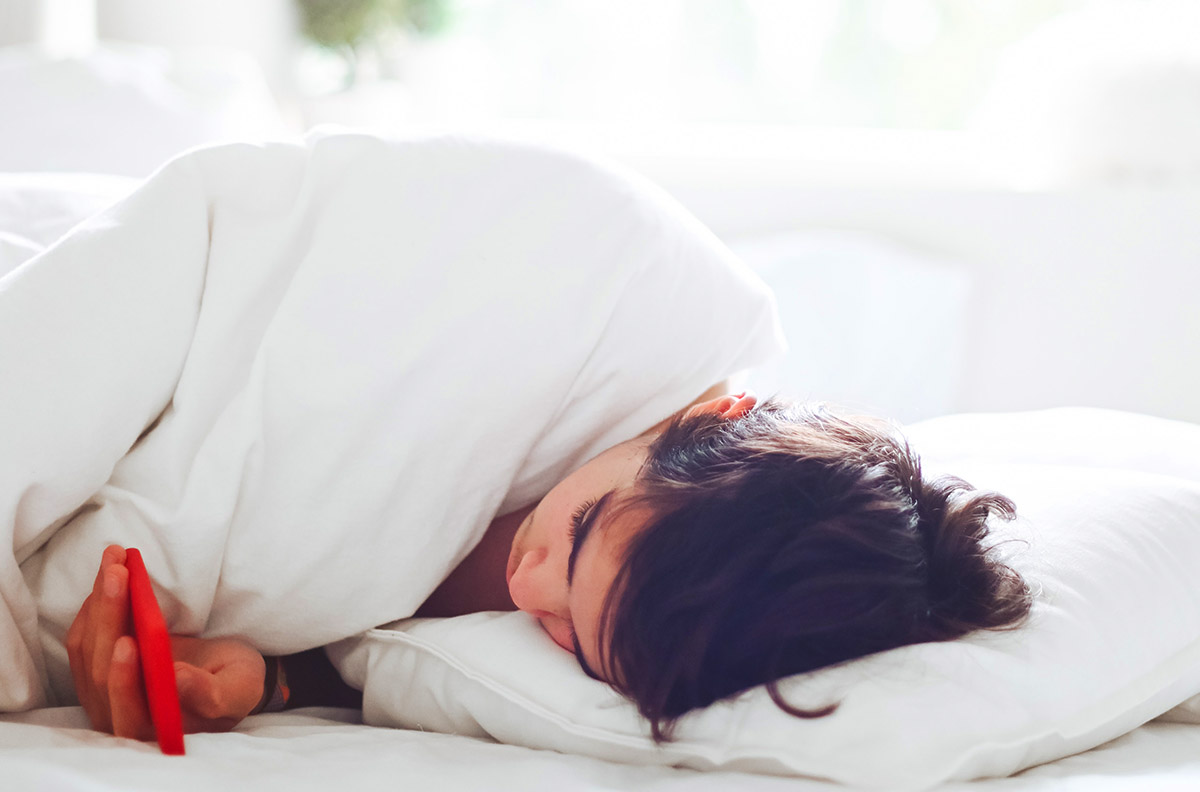How to get out of it Sleeping Difficulties and their causes
What are sleeping difficulties or sleeping Disorders?
Sleep difficulties are the type of conditions that affect the ability to sleep well. Sleep problems is a condition that often affects your ability to get a good night’s sleep.Most people experience occasional sleeping disorders due to stress and many external influences. It all depends on the nature of the sleep difficulties.

Most people may have a hard time falling asleep and may feel tired throughout the day. Lack of sleep can have a negative effect on energy, mood, concentration, and overall health.
Sometimes sleep problems are caused by another medical or mental health condition.
So once treated for the primary purpose, these sleep difficulties can go away.
What are the Causes of sleeping difficulties or sleeping disorders?
There are many causes of sleeping difficulties.Many people suffer from a variety of sleeping problems that can cause sleep difficulty. In many cases, basic health problems can lead to sleeping problems.
So there are many factors that can cause sleep difficulties.
Lifestyle:
The main cause of sleep difficulties is a daily routine.Especially, a person’s daily routine can cause a sleep difficulty.
Such as lifestyle, sleep habits, and health status, can all play a role.
Aging:
Sleeping disorders are also a factor in aging. Generally, a person needs quality sleep. Therefore, age can be a cause of sleeping problems in different age groups.
Sometimes adults have sleeping disorders. It is not clear if this is part of a normal aging process or the result of medications used by older people.
Medications:
Many medications can interfere with sleep.Such as specific blood pressure medications, and anti-cold medications.
Nightmares:

Nightmares that occur during night time sleep. So it can be a cause of sleep difficulty. So Nightmares are usually caused by stress, anxiety, and some drugs.
Genetics:
Genetics can also a cause of sleep difficulty.Researchers have found a genetic basis for sleeping difficulties.
Likely a neurological disorder of sleep regulation that affects sleep.
Stress and Anxiety:
Stress and anxiety are also a major cause of sleep problems.Therefore Stress often has a negative effect on sleep quality. It may be difficult for you to fall asleep or fall asleep. Talking, or walking in your sleep can interfere with your sleep.
Allergies and respiratory problems:

Allergies, colds, and upper respiratory infections can make it difficult to breathe at night. Instability in breathing through your nose can also cause sleep problems.
What Are the Different Types of sleeping difficulties or sleeping disorder?
There are many different types of sleep problems. Here are Some common types of sleeping problems include:Insomnia:
Insomnia, in which you have sleep problems through the night.People who have insomnia do not feel like they get enough sleep at night. They may have trouble falling asleep or wake up often at night or early in the morning. Insomnia is a problem if it affects your daily activities.
Sleep Apnea:
In Sleep Apnea , you experience abnormal breathing patterns while sleeping.
Sleep Apnea occurs during sleep. Sleep apnea is a serious medical condition that causes the body to take in less oxygen. It can also cause you to wake up at night.
Narcolepsy:
Narcolepsy, a condition in which a person usually falls asleep during the day.Often, you fall asleep uncontrollably during unusual circumstances, such as eating. People with drug addiction are unable to regulate their sleep cycles.
Restless legs syndrome:
Restless legs syndrome (RLS) a type of sleeping problems. RLS, causes you to have a painful feeling and a desire to move your legs when you try to fall asleep.Circadian rhythm Sleeping disorders:

We all have an internal biological clock system.
So that regulates our 24-hour sleep-wake cycle, also known as our
Circadian rhythm Light is the primary signal that affects circadian rhythms.
At night, your brain stimulates the release of melatonin, a hormone that helps you sleep. When the sun rises in the morning, the brain tells the body that it is time to wake up.
What are the common symptoms of sleep problems?
Symptoms may vary depending on the severity and nature of the sleep difficulty. They can also be different when sleeping disorders are the result of another condition.Getting too much sleep during the day and having trouble sleeping at night are symptoms of sleep problems.
However, common symptoms of sleep problems include:
- It is difficult to sit still, watch television, or stay awake while reading.
- Itching or drowsiness during the day
- Feel very tired while sleeping or driving
- Difficulty paying attention
- Others often tell you that you look tired
- React slowly
- Having trouble controlling your emotions
- Feel like you have to blink almost every day
- Difficulty falling or falling asleep
- There is a strong desire to take a nap during the day
- Irritability or anxiety
- Lack of concentration
How to get rid of sleeping difficulties?
Here are some tips to help you get rid of sleep problems. These tips are for a good night’s sleep.
- No matter how tired you are, try not to sleep during the day.
- Check your caffeine intake. More than one cup of coffee a day can reduce your chances of getting a good night’s sleep.
- Try to do a little light exercise every day, but don’t exercise before bed.
- Make a comfortable bedtime routine to prepare your mind and body for sleep.
- Relaxation techniques, such as concentrating on your breathing, stretching, and yoga can help.
- When you wake up at night, go back to sleep. Whether you have trouble sleeping or not, it is normal to wake up briefly at night.
When to call a doctor?
If you have tried several self-help treatments without success, schedule an appointment with a sleep specialist.Give your doctor as much information as possible.



Post A Comment:
0 comments: